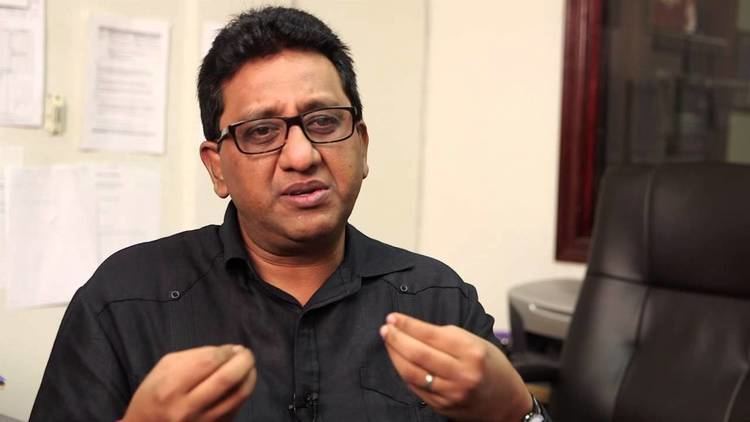Guyana’s Attorney General, Anil Nandlall, has shed light on potential ramifications for Venezuela should it continue to defy the International Court of Justice’s (ICJ) ruling regarding the territorial controversy with Guyana. Nandlall, on December 5, emphasized the binding nature of the ICJ’s decisions on both nations, particularly highlighting the court’s prohibition against Venezuela’s interference in Guyana’s Essequibo region.
Nandlall underscored the gravity of disregarding the ICJ’s orders, stating that such actions would not only breach the court’s rulings but also “undermine the integrity of the United Nations itself”, given that the Secretary-General recommended the matter to the ICJ. He elucidated the legal foundation for enforcing international judicial decisions, emphasizing the obligation of states to comply with ICJ rulings in good faith.
Guyana forging ahead with oil development; undeterred by Venezuela threat | OilNOW
Highlighting potential enforcement mechanisms, Nandlall mentioned the pivotal role of the United Nations Security Council (UNSC).
“The Security Council has the authority to enforce ICJ decisions and it can take a range of measures to ensure compliance, including economic sanctions, travel restrictions and the use of military force. And… the UN Security Council has done that in many cases,” he outlined.
Nandlall detailed the binding nature of UNSC decisions on member states, indicating that sanctions invoked by the council would require compliance from all UN member countries.
“…when the UN Security Council calls upon member states to impose the sanctions that call…becomes binding on the state’s called upon. They now are bound; they do not have discretion. They are bound to carry out and execute those sanctions,” Nandlall explained.
Warning against Venezuela’s potential breach of the ICJ’s orders, Nandlall stressed that such actions would not only contravene a court order but also subvert the ICJ’s process and the UN’s recommendations, making it a serious violation of international norms.
“…if Venezuela dares to act in a manner contrary to what the court has ordered, then it is not merely the breach of a court order. It is the subversion of the court’s process. It is a subversion of the UN process… those are the fundamental characteristics that are inherent in this case, that make it almost impossible for Venezuela to act in a reckless manner. Unless of course, they have lost rationality completely,” he underscored.
Nandlall commended the people of Venezuela for their restraint in not participating in Maduro’s referendum, indicating their recognition of the dire consequences of further sanctions and the potential suffering that would ensue for the nation already grappling with severe challenges.




